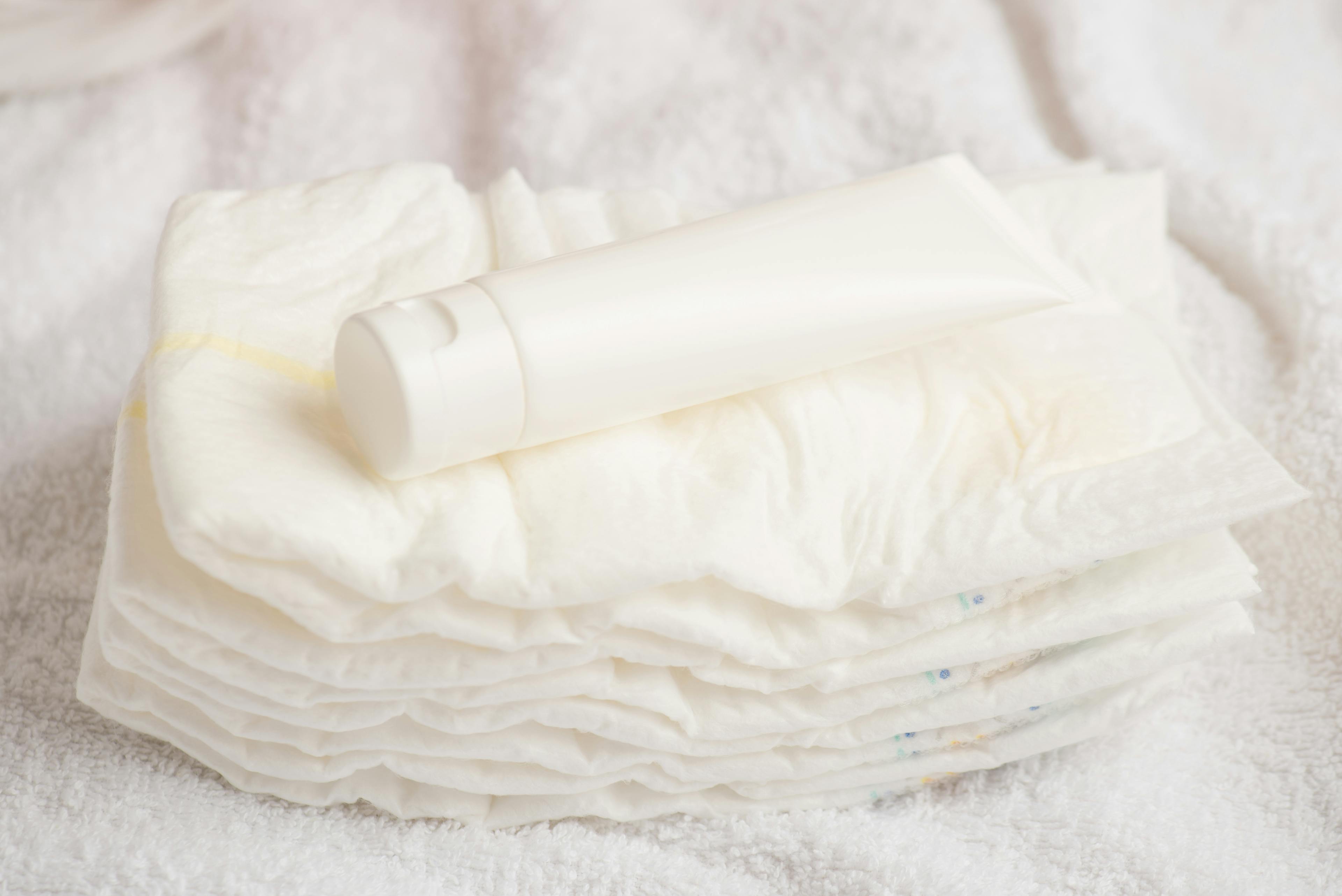Incontinence Tips
How to Change an Ostomy Pouch/Stoma Bag and Recommended Supplies
Posted by Chad Birt on Tue Apr 18 2023
An ostomy pouch or stoma bag is a sturdy, plastic container that collects stool. You may need to toilet through a stoma after surgery on your large or small intestine. Some people use an ostomy pouch for a few weeks or months, but for others, it’s a permanent necessity. Regardless, you need to know how to change your ostomy pouch if you have one.Read More
How to Care for a Catheter: Step-by-step Guides for Emptying & Cleaning Male & Female Catheters
Posted by Sophie Bebeau on Mon Jan 09 2023
Introducing a catheter into incontinence management can bring some much-needed respite from diaper changes, trips to the toilet, and laundry. Just like any new skill, practice makes perfect! Follow our step-by-step guides on properly removing, emptying, cleaning, and caring for three different kinds of catheters. Read More
How and Where to Donate Adult Diapers
Posted by Sophie Bebeau on Mon May 22 2023
There are 53 million family caregivers in the U.S. That number will continue to grow as more and more people take on the responsibility of caring for aging or disabled family members. Among the many necessities that caregivers and their loved ones require, adult incontinence products often rank high on the list of essentials.Read More
Incontinence: Heavy Absorbency - Carewell's Best Products for Managing Heavy Incontinence
Posted by Chad Birt on Thu Feb 08 2024
If you care for a loved one with urinary incontinence, you’ve probably noticed that their symptoms get worse during the winter. This happens for two reasons. First, cold weather causes a drop in body temperature. That makes the muscles around the bladder tense up, increasing the risk of bladder spasms and urinary voids. Second, less sweat is produced during the winter, so more liquid is processed by our kidneys instead of our pores.Read More



